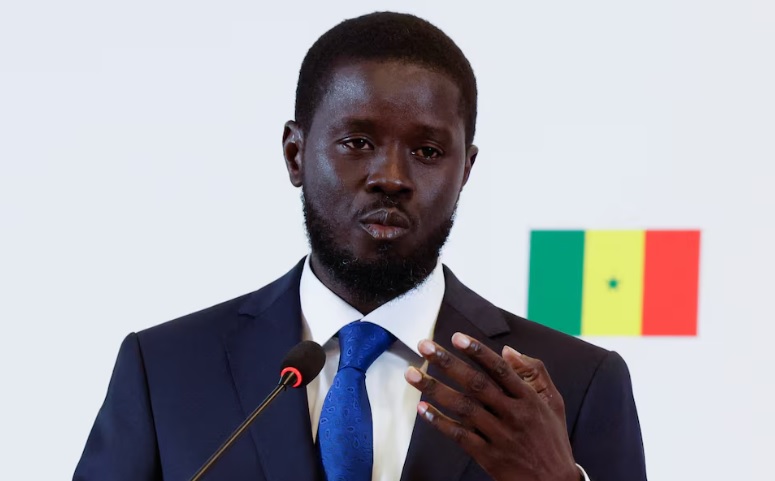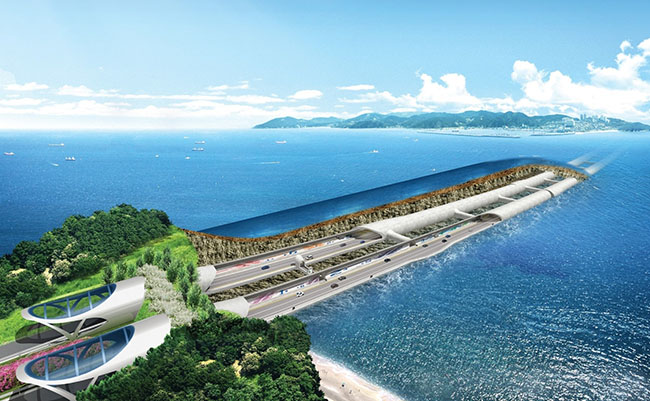Polls opened in Senegal on Sunday for a parliamentary election that is set to determine if the country’s newly elected president can carry out ambitious reforms.
More than 7 million registered voters in the West African country are choosing 165 lawmakers in the national assembly, where the party of President Bassirou Diomaye Faye currently does not hold a majority.
Faye, who was elected in March on an anti-establishment platform, says that has blocked him from executing the reforms he pledged during his campaign, including fighting corruption, reviewing fishing permits for foreign companies and securing a bigger share from the country’s natural resources for the population.
In September, he dissolved the opposition-led parliament, paving the way for a snap legislative election. His party is facing the Takku Wallu opposition platform led by former President Macky Sall, alongside 39 other registered parties and coalitions.
Polls will close at 6 p.m (1800 GMT). The first provisional results are expected to be known by Monday morning, but the final count will only be published later during the week.
Faye’s political party, PASTEF, needs at least 83 seats in order to gain a majority in the assembly. Analysts say it has a high chance of securing that, given its popularity and Faye’s margin of victory in the March presidential election.
Faye, 44, was elected with 54% in the first round, becoming Africa’s youngest elected leader, less than two weeks after he was released from prison. His rise has reflected widespread frustration among Senegal’s youth with the country’s direction — a common sentiment across Africa, which has the world’s youngest population and a number of leaders accused of clinging to power for decades.
Over 60% of Senegalese are under 25 and 90% work in informal jobs. Senegal has been hit by skyrocketing inflation in recent years, making it difficult for them to get by.
The country is also a major source of irregular migration to Europe, with thousands leaving every year on rickety, artisanal fishing boats in search of economic opportunities.
The campaign for the legislative election was marked by sporadic clashes between supporters of different parties. The headquarters of an opposition party were set on fire in the capital, Dakar, and clashes have erupted between supporters in central Senegal in recent weeks, the interior ministry said Monday,
On Tuesday, Ousmane Sonko, the country’s prime minister who helped catapult Faye to victory, denounced attacks against supporters of PASTEF in Dakar and other cities.
“May each patriot they have attacked and injured be proportionally avenged. We will exercise our legitimate right to respond,” he wrote on X, before back-pedalling and asking his supporters to remain peaceful in a speech later that day.
Last month, Sonko’s vehicle was attacked with stones as clashes broke out between his supporters and unidentified attackers while he was campaigning in Koungueul, in the center of the country. The leader of an allied party, former minister Malick Gackou, had his arm broken in the incident, according to local media.
The presidential election in March tested Senegal’s reputation as a stable democracy in West Africa, a region rocked in recent years by coups and attempted coups.
Both Faye and Sonko were released from prison less than two weeks before the vote following a political amnesty announced by outgoing President Sall. Their arrests had sparked months of protests and concerns that Sall would seek a third term in office despite term limits. Rights groups said dozens were killed and about 1,000 were jailed.
Source: AP






